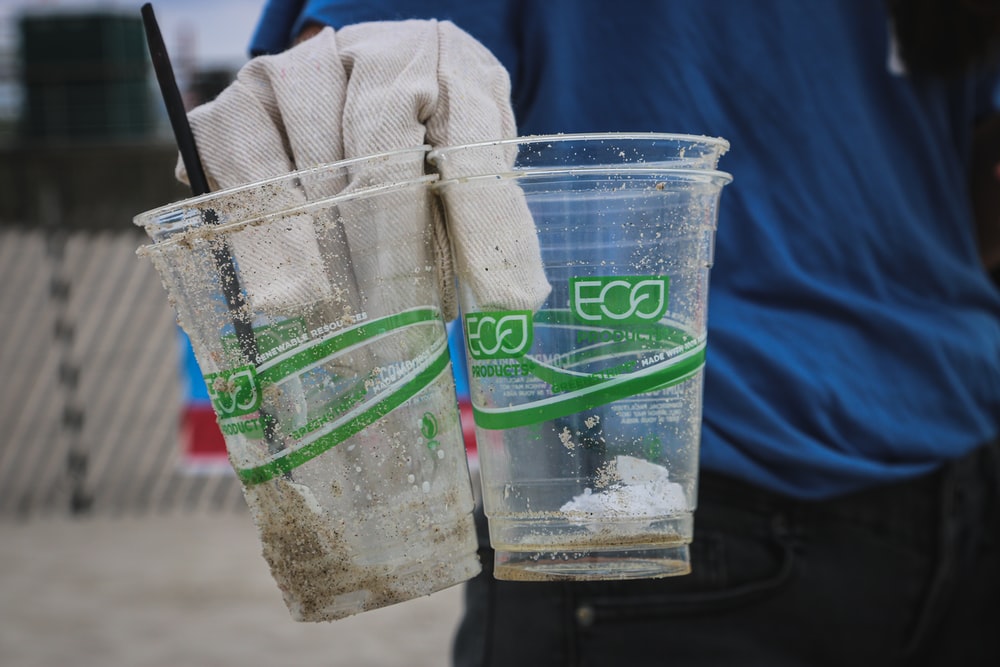Greenmarketing is the promotion of products, services or activities described as naturally safe or more environmentally sustainable. This type of practice was born as a reaction to the harmful effect of humans on the planet: in order to improve the situation, emphasis is placed on the contribution of companies in reducing this impact.
Marketing strategies adapted themselves to the new needs of sustainability, in order to describe the commitment of companies to create eco-sustainable products or services and fight against problems such as global warming or the destruction of the habitats of different animal or plant species. This new commercial style leaded the birth of expressions such as green marketing, sustainable marketing, ecological marketing or environmental marketing (source: https://www.insidemarketing.it/glossario/definizione/green-marketing/).

It's a responsibility and a duty of all companies to work to reduce this problem to the minimum possible and, therefore, to improve the conditions of life on Earth. Knowing and being able to communicate all this, managing to involve the consumer, is now essential for the success of the company. The thin line that can move this “good” task into “bad” is the aim that leads the action. When a brand uses campaigns and advertising messages or social responsibility initiatives to cover the negative environmental impact of its activities or products, is not working in the framework of green marketing, it’s making greenwashing.
The term “greenwashing” is a neologism born from the combination of the two words “green” (the color associated with the environment and the environmental movement) and “whitewashing” (to whiten and, figuratively, to conceal or hide something), refers to the attempt of the companies to "show itself green", declaring to be green even when they are not in reality, to create a positive image of its activities and products or to hide harmful behavior towards the environment. By greenwashing it’s meant any marketing action that attempts to show the normal activities of the company as more sustainable than they are in reality (source: https://www.glossariomarketing.it/significato/greenwashing/ ).

It seems that the term was created in 1986 by the environmentalist Jay Westerveld, who ironically and critically observed the practice of many hotels encouraging guests to reuse towels as an effort to help the environment. This, in fact, led us to think that hotels were pursuing efforts to be greener, when the main objective was to activate a strategy of economic savings on laundry expenses. Greenwashing has many faces. In order to practically understand the concept of greenwashing, here a couple of examples identified by a European consumer protection association in 2009: Audi compared its clean diesel to a bicycle and Easy Jet stated that the impact of an airplane is less than the impact of a hybrid car (source: https://datastorage02.maggioli.it/data/blog/allegati/gXYZU6peW4/YzRMCt4vwZ.pdf ).
Next to ecological products that avoid plastic or that use recycled plastic for instance, there must be a respectful action. The risk is to be harmful for the nature and the environment in any case. The image below is really expressive of this behavior: glasses made of recycled plastic throw on a beach.